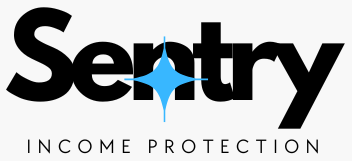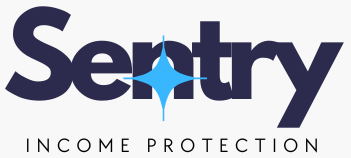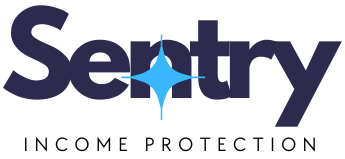


Disability Insurance for Self Employed
Business Owners and Professionals
Disability insurance, also known as income protection or paycheck protection, provides financial protection if you're unable to work due to illness or injury for an extended period. Disability insurance can help replace a portion of your income, including bonuses and commissions. It's crucial to understand that relying solely on group long-term disability insurance from your employer may not offer sufficient coverage or the proper type of coverage for your specialty. It's worth looking into. Is your policy "portable?"
Private Disability Insurance Features & Benefits
Income Protection
Disability insurance provides financial support when you're unable to work due to illness or injury, ensuring a steady income during incapacitation.
Retirement Protection
Disability insurance protects retirement savings by providing income during incapacitation, preventing the need to dip into savings meant for retirement.
Customizable Coverage
Disability insurance is customizable by allowing individuals to tailor coverage amounts, waiting periods, and benefit durations to fit their specific needs.
Important Disability Insurance Terms
Portable: A portable insurance policy is an individually owned plan that maintains coverage despite job changes or relocation, as long as premiums are paid. You own it. No reapplying for coverage.
Coverage and Benefit Amount: Ensure the policy provides adequate coverage for your needs. The benefit amount should be enough to replace a significant portion of your income if you become disabled and unable to work.
Definition of Disability: Pay attention to how disability is defined in the policy. Some policies may have a stricter definition of disability than others, which could affect your ability to make a claim.
Elimination Period: This is the waiting period before benefits kick in after you become disabled. A shorter elimination period means you'll start receiving benefits sooner but may come with higher premiums.
Benefit Period: This is the length of time benefits will be paid out once you start receiving them. Look for a policy with a benefit period that aligns with your needs, whether short-term or long-term disability coverage.
Renewability: Make sure the policy is guaranteed renewable, meaning the insurer can't cancel your coverage as long as you continue to pay premiums. Non-cancelable policies provide even stronger guarantees.
Exclusions and Limitations: Review any exclusions or limitations in the policy, such as pre-existing conditions or certain types of disabilities that may not be covered.
Residual or Partial Disability Coverage: Some policies offer benefits if you're able to work but at a reduced capacity due to disability. This can provide valuable support if you're able to work part-time.
Cost and Premiums: Consider the cost of the policy and how premiums are structured. While it's important to find affordable coverage, be wary of policies with unusually low premiums, as they may offer inadequate benefits or have hidden limitations.
Riders and Optional Features: Explore any additional riders or optional features that can enhance your coverage, such as cost-of-living adjustments, future purchase options, or inflation protection.
Own occupation disability insurance: is a type of coverage that provides benefits if you become unable to work in your specific occupation due to a disability, even if you could still work in a different job or field.
We specialize in private disability insurance for high-income professionals. Your information is secure and never shared.


